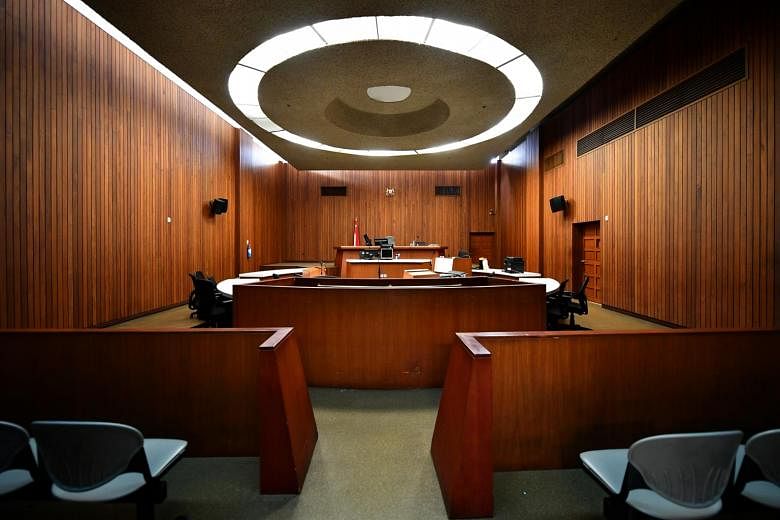SINGAPORE - The Ministry of Law (MinLaw) has proposed a total of 50 wide-ranging changes to the Criminal Procedure Code (CPC) and Evidence Act.
These amendments will have an impact on the powers of investigators, court procedures and evidence, and sentencing.
The public will be able to give comments and feedback from July 24 to Aug 24. These can be submitted via post to the Legal Policy Division at MinLaw or e-mail mlaw_consultation@mlaw.gov.sg.
Here are 10 things to know about the proposed changes:
1. What is the CPC and Evidence Act?
The CPC provides the framework for criminal investigations and procedures for criminal hearings, including trials and appeals, while the Evidence Act provides for all matters concerning evidence in court, including in criminal cases.
2. When were changes to the CPC last made?
The CPC was repealed and replaced in 2010 - the first time a piece of legislation has been repealed and a new one enacted in its place.
It was a significant overhaul to the criminal justice framework, which saw the introduction of community-based sentences and pre-trial discovery in criminal cases, known as the Criminal Case Disclosure Conference (CCDC) procedure, and others.
3. When was the Evidence Act last amended?
The Evidence Act was amended in 2012. The changes included deleting a section allowing the defence in a prosecution for rape to attack the victim's credibility on the basis that she was "of general immoral character".
4. Why has MinLaw proposed this round of revisions?
Since amendments were last made to the CPC, the ministry said it has been monitoring and reviewing its efficacy and effectiveness of the procedures. This is to ensure the administration of criminal justice should continue to meet the needs of law enforcement, while serving the public.
The current proposed amendments are a result of its review process and is aimed at strengthening the law.
5. Who helped to shape the proposals?
Those involved in the criminal justice system, including the judiciary, the Criminal Bar, the Attorney-General's Chambers and victim support groups, were able to give their feedback and suggestions.
6. What is being introduced for the first time in Singapore?
Investigators will have the discretion to take video-recorded statements from suspects and witnesses. The legislative changes will allow for this to be done in place of written statements in suitable situations. It will be a must for some offences, such as serious sexual crimes.
7. Who would benefit from video-recorded statements?
Video recording, which can capture emotions and other nuances, will help the court to quickly determine the voluntariness and weight of a statement. It will also show the flow of the interview and the demeanour of the interviewer and interviewee.
Such statements can also be used in place of evidence in court for vulnerable victims of crime, who would have had to go through a traumatic process of recounting their ordeal multiple times.
8. What more will be done to protect vulnerable victims during the court process?
Vulnerable victims of sexual and child abuse crimes will receive more protection. Their identities will be protected from publication - through a gag order - immediately when an offence is reported to the police. In-camera (closed-door) hearings will also kick in automatically when they are testifying in court.
9. How will the laws ensure that evidence produced in court are objective?
Only psychiatrists from a court-administered panel will be allowed to give expert evidence in criminal cases. The use of psychiatric expert evidence in criminal proceedings has been on the rise, and this move will ensure that the evidence given is not biased to any party.
10. Who else will benefit from the suggested changes?
The scope for community-based sentences will be widened to allow more offenders to benefit from rehabilitation in the society. This will target those who have committed less serious crimes and are not habitual offenders.
The most notable change is the expansion of coverage for Mandatory Treatment Orders (MTOs) - an alternative sentencing option for offenders suffering from mental conditions that have contributed to their committing the offence.
The court will be able to hand out MTOs for certain offences punishable with a maximum of seven years' jail, up from the maximum three years at present.








